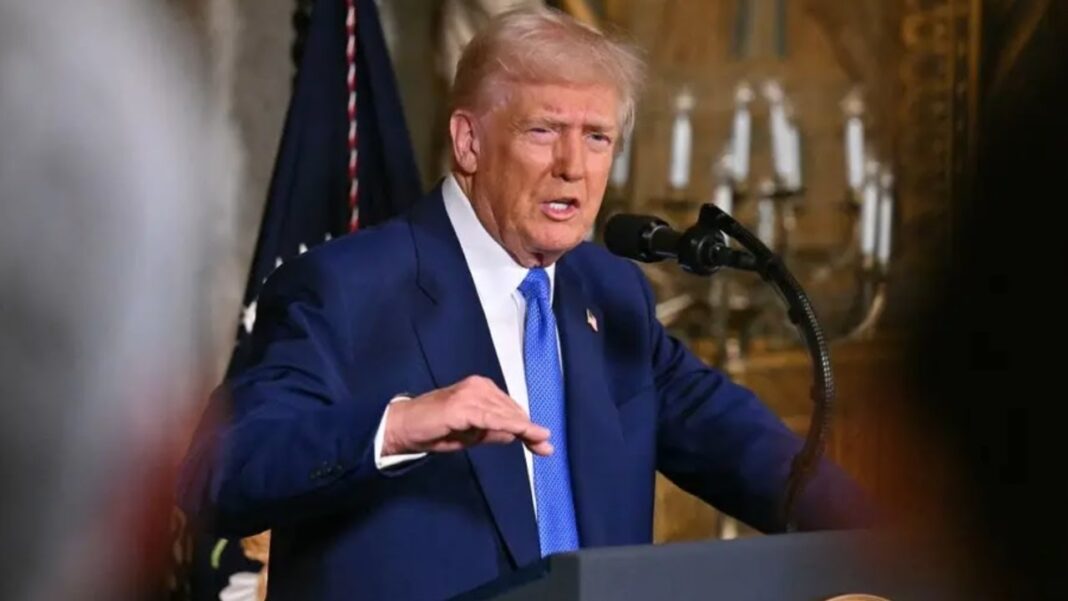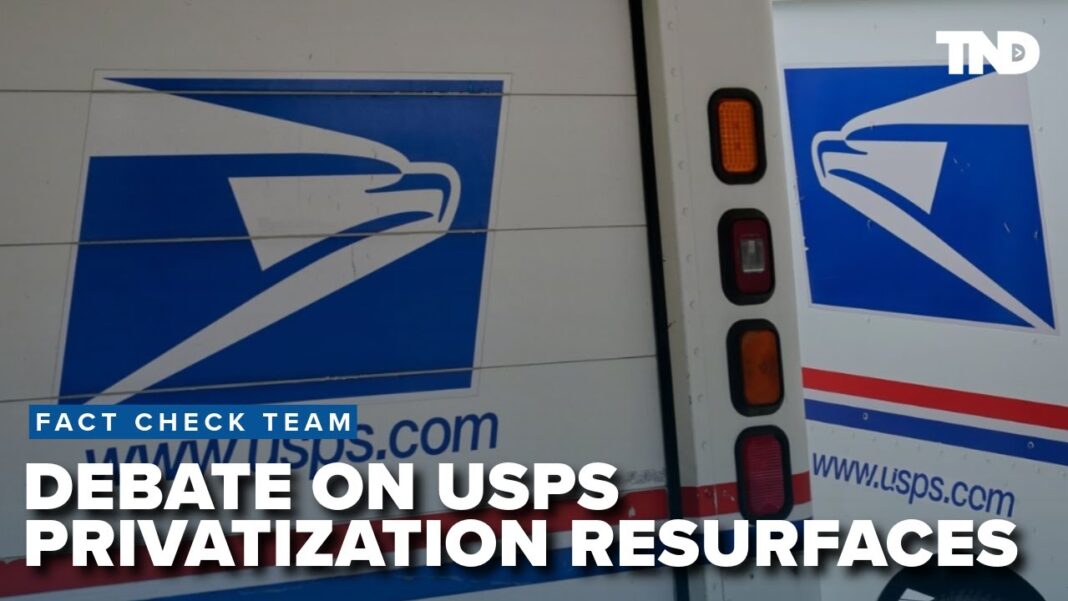The judge is appointing an outside lawyer to address the motion requesting charges against Eric Adams be dismissed.
A federal judge on Feb. 21 vacated an upcoming trial for New York City Mayor Eric Adams but declined to dismiss the charges against Adams for now.
U.S. District Judge Dale Ho said that in light of the U.S. Department of Justice (DOJ) requesting the charges be dismissed and Adams consenting to the request, “it is clear that trial in this matter will not go forward on April 21” as scheduled.
But the judge did not throw out the charges, which include accepting illegal campaign contributions, finding that government motions to dismiss charges without prejudice—which allows prosecutors to potentially refile them later—are typically opposed by defendants.
A recent hearing featuring a DOJ official and Adams “helped clarify the parties’ respective positions, but there has been no adversarial testing of the Government’s position generally or the form of its requested relief specifically,” Ho said.
He appointed Paul Clement, an outside lawyer, to serve as amicus curiae, or friend of the court, to present arguments regarding the DOJ’s motion, including whether the judge can consider materials outside the motion when weighing whether to throw out the case.
Ho said that because of concerns the prosecution was burdening the mayor’s ability to govern, the mayor does not need to appear at future hearings.
The DOJ and a lawyer for Adams did not immediately respond to requests for comment.
The DOJ charged Adams in 2024 with accepting illegal campaign contributions and perks such as luxury travel from foreigners. Top DOJ officials reviewed the case after President Donald Trump took office in January and determined the charges should be thrown out over concerns they interfered with the mayor’s ability to work with the administration on issues such as illegal immigration.
Some DOJ officials decided to resign rather than comply with the order to file a motion for dismissal. The motion was ultimately filed on Feb. 14.
“Continuing these proceedings would interfere with the defendant’s ability to govern in New York City, which poses unacceptable threats to public safety, national security, and related federal immigration initiatives and policies,” Acting Deputy Attorney General Emil Bove and two other officials wrote in the filing.






